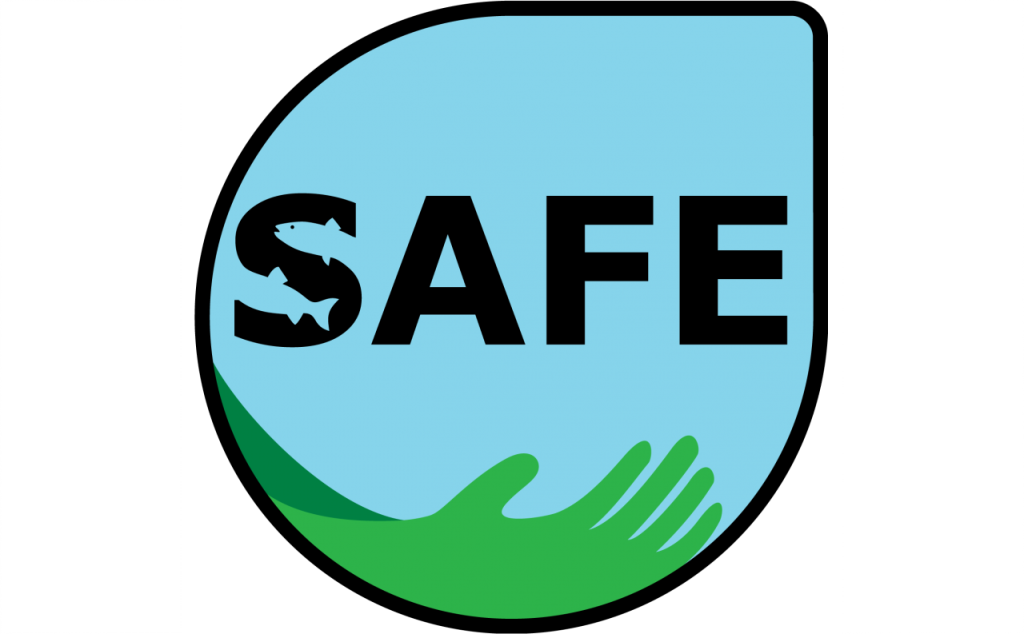

Research Grant
Andreu holds a PhD in Marine Science (2022) from the Institute of Marine Sciences in Barcelona (Spain). His main line of research focuses on the ecology, conservation, and restoration of benthic ecosystems, particularly of sponge habitats. Specifically, his investigation focuses on the usage of ROV and other non-invasive techniques to study the diversity, structure and dynamic processes of deep-sea benthic ecosystems occurring in mesophotic and deep-sea areas and how this information can be effectively incorporated into developing and validating cost-effective active restoration and mitigation techniques for the conservation and management of the marine realm.








